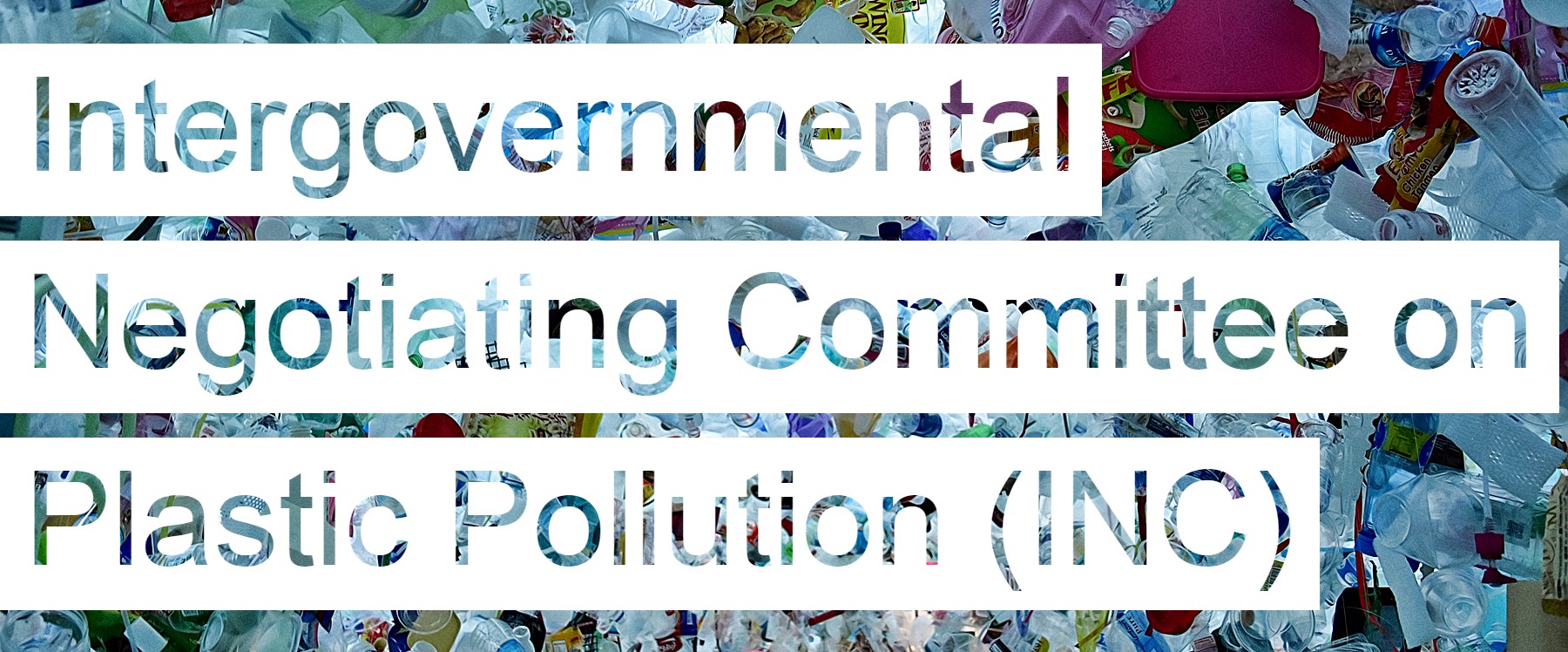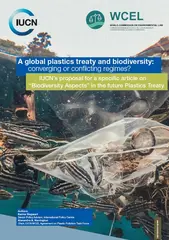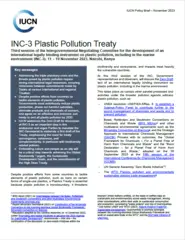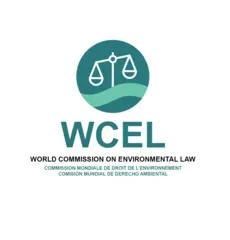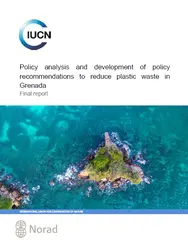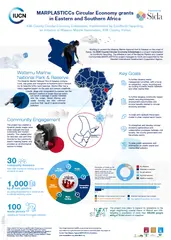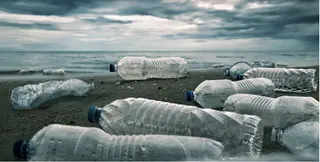The Intergovernmental Negotiating Committee (INC) was established to develop an international legally binding instrument on plastic pollution, including in the marine environment, beginning its work in the second half of 2022 with the ambition of completing its work by the end of 2024.
The outcome of the negotiations needs to be a broad instrument - with obligations, measures and voluntary approaches, including a financial mechanism with stable and predictable financial resources for implementation - integrated across sectors and value chains, and one that considers the entire lifecycle of plastic. Further, this legally binding instrument needs to include marine, land and water plastic pollution, promote sustainable production and consumption of plastics through, among other things, product design and environmentally sound waste management, including through resource efficiency and circular economy approaches and thus rely on several SDGs.
Solving the complex INC mandate will require strong, science-based engagement from stakeholders positioned across the value chain of plastics production, manufacture, use, recycling, and disposal – at sub-national, national, regional and global level.
IUCN has played a key role globally in helping identify, raise awareness, and provide tools to assess the impacts and sources of plastic pollution. For the INC, IUCN will put forward its expertise in international negotiations and its work on plastics and circular economy initiatives locally, regionally and globally, to ensure strong global plastic treaty.
